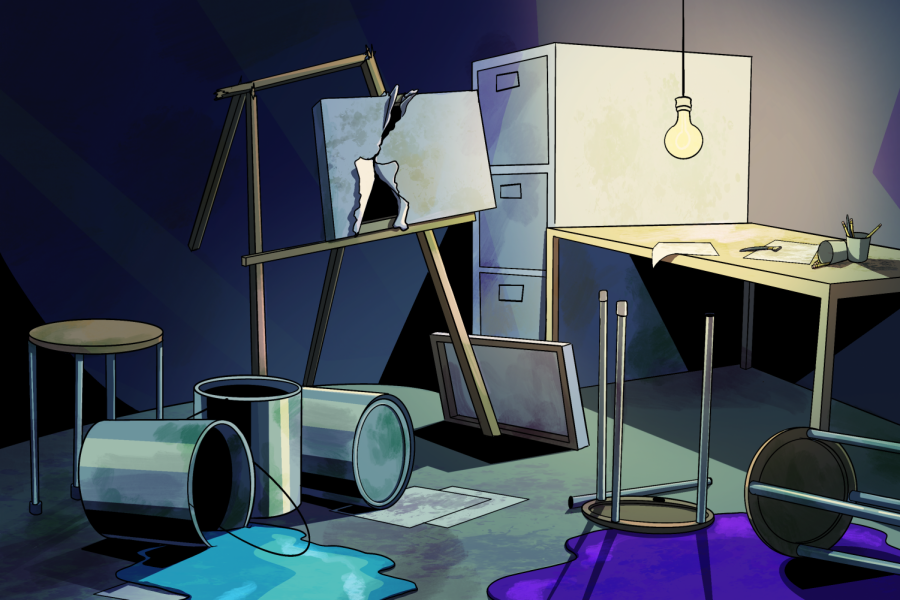Bring back the budget to College of Fine Arts
July 15, 2021
With the continuously decreasing funding of the fine arts in K-12 schools, fewer students pursue careers in the fine arts and fewer individuals remain interested in the fine arts. As a result, less Americans attend cultural events and a significantly less number of younger Americans attend such events.
The underfunding of the fine arts at UT due to budget cuts has more devastating impacts than simply low attendance to music events; it significantly hinders students who do choose to pursue the fine arts. With continued budget cuts to the College of Fine Arts, students are left with few resources available. UT must increase funding for the College of Fine Arts to allow students the resources to pursue a career in this field.
Melissa Elkins, a theatre and dance junior, explained how budget limitations have affected her fellow students and professors.
“I’ve witnessed a lot of worry about budgeting in my classes. The staff (does) their best with what they have, and they make sure that we don’t have to worry about money,” Elkins said. “This past year, one of the shows (had a budget of) $800, and that’s extremely low.”
While the Cockrell School of Engineering gains new buildings and facilities, such as the new Engineering Education and Research Center, constructed less than four years ago, students in the College of Fine Arts are stuck with theaters built 60 years ago.
“(Some of my older peers at UT are) surprised because they don’t even know that we have a theater and dance area, and it’s very disheartening,” Elkins said.
Increased recognition and larger alumni networks to the College of Fine Arts would help to bring in college-specific donations, public and private grants and a higher academic prestige and national recognition.
Kathleen Harrison, communications manager for the Office of the Executive Vice President and Provost, described some of the complex intricacies of funding distribution.
“Some primary considerations include student enrollment, programming, labs and facilities and associated research costs,” Harrison said in an email.
Every department experiences complex issues that result from funding difficulties. However, the College of Fine Arts is grossly underfunded by virtue of continued budget cuts.
The underfunding and underrecognition of the fine arts directly impacts both students and staff, contributing to lower salaries and more out-of-pocket expenses.
“(For my second production), I did have to use what I had in my own closet, and, if I didn’t have anything, I did have to use my own money to buy costumes,” Elkins said.
On top of paying tuition to the University like any other student, fine arts students are unnecessarily burdened with excess costs that most students don’t even need to worry about.
The allocation of budget for the College of Fine Arts should contribute to renovating existing facilities and building new, modern buildings. In addition, funding should go directly to support students in the form of supplies such as props and updated software and technology.
UT must allocate more funding to the College of Fine Arts to support its students, staff and facilities. UT must support the fine arts because it represents such a diverse range of disciplines that contribute not only to culture and entertainment but also to the human experience.
Gupta is a Plan II honors and biology sophomore from Plano, Texas.



